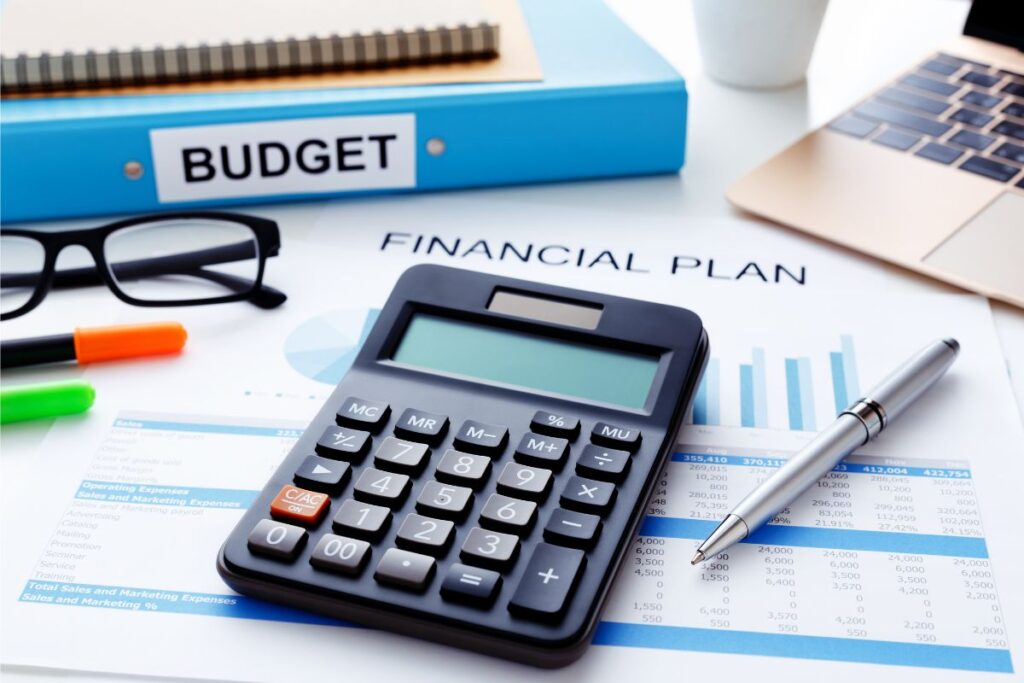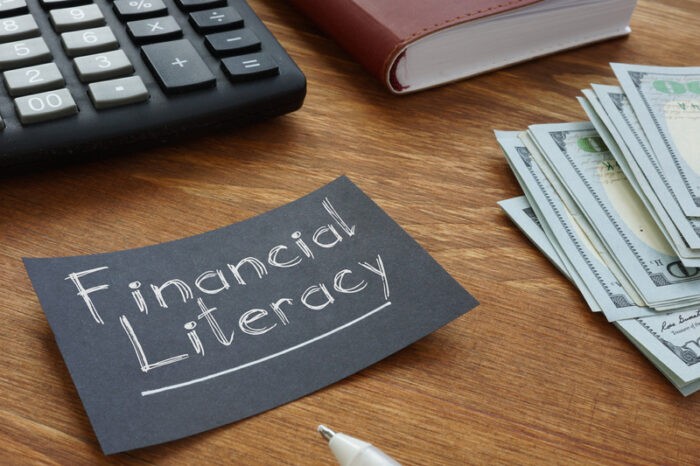While it’s always a good idea to pay attention to your finances, the global health crisis has prompted many Americans to become even more aware. With high unemployment during this time, Google searches for “online finance courses” are up 200%.
What these classes teach is financial literacy. This means the ability to understand and effectively use various financial skills such as personal financial management, budgeting, and investing. When used correctly, these financial literacy skills help people become self-sufficient and achieve financial stability.
What is Financial Literacy?
Steps to achieving financial literacy include learning the skills to create a budget, tracking spending, learning ways to pay off debt, and planning for retirement. To achieve each of these, people may seek help from a financial advisor.
When you truly understand financial literacy, you will be able to answer questions about your purchases, such as is it affordable, required, and an asset or a liability. You will also be able to organize your financial documents, create a budget, understand your rights as a consumer, and understand how the global economy impacts the US economy. All of this will help determine how you make financial decisions.
Benefits of Shopping Secondhand

Being financially literate is vital because it helps you get out of debt, manage your money, and make smart investment decisions. People of all socioeconomic levels deal with financial illiteracy, which leaves them open for predatory lending, subprime mortgage fraud, and high-interest rates. Each of these can, in turn, lead to bad credit, bankruptcy, or foreclosure.
The lack of financial literacy can also lead to high debt and make for poor financial decisions. For example, signing a loan with a variable interest rate without knowing what that means. According to the Financial Industry Regulatory Authority, 66% of Americans are financially illiterate, meaning they lack the basic skills to reconcile their bank accounts, pay their bills on time, pay off debt, and invest for the future.
Where to Get Help
The US government has created a site to help you find financial assistance during this time. Benefits.gov has information about applying for unemployment (which must be done through your state), find healthcare, getting your stimulus check, small business loans, and how you can help. There’s also information for mental health and domestic abuse hotlines.
If you still need help, considering hiring a professional such as a daily money manager or financial advisor.
How do you feel about your financial literacy?









